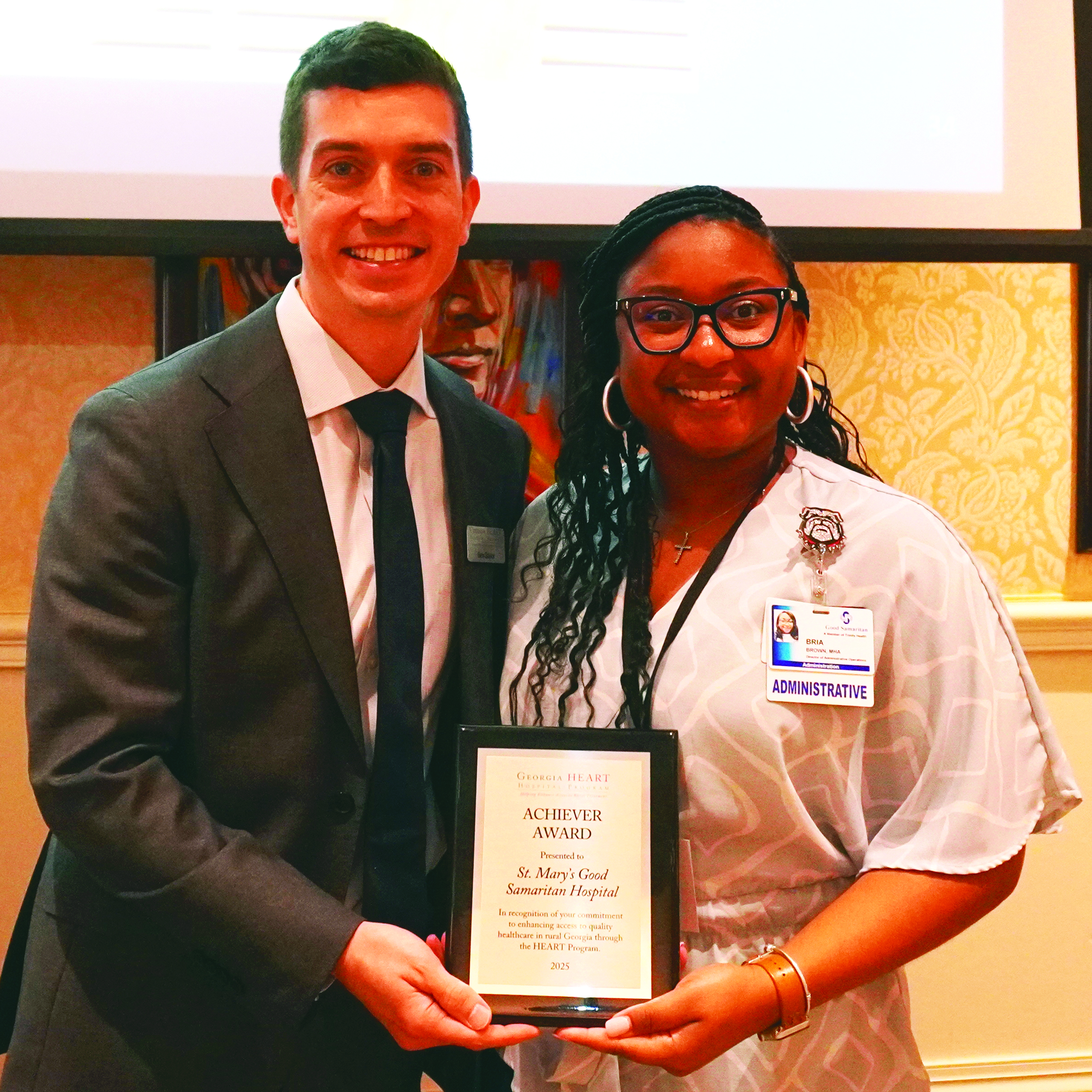Avoiding yeast can still be done healthfully
Published 8:00 am Wednesday, October 19, 2011
Lisa,
My daughter has been diagnosed with a allergy to “yeast,” side effects, such as having to have dead tissue removed from her ears by a ENT, etc. She was told not to eat any food containing yeast ie: starches, sugars, carbohydrates, and to eat only meat and vegetables. How can she follow this diet for life and be healthy and also keep the cholesterol low, which seems to elevate with this diet?
Thank You,
Concerned Mother
Dear Concerned Mother,
Even though your daughter has a laundry list of things to avoid, she can still do it healthfully. The following is information I found during my research and as I know nothing else about your daughter except she has a yeast allergy she should follow exactly the instructions her doctor has given her. So, what is a yeast allergy? Yeast (Candida Albicans) is a mold that can be found on surfaces of some food and in the food itself. The best way to treat an allergy is to avoid the substances that are causing the symptoms or reaction. The following list of foods contains yeast and should always be avoided: Bagels, Beer , Bread rolls, Cider, Fruit skins, especially: Grapes, Plumbs, Grape juice, Malt beverages, MSG (often extracted from autolyzed yeast extract or from wheat), Pretzels, Sake, Sour dough bread, Wine, Yeast Extract: Bovril, Cenovis, Marmite, Oxo, Promite, Vegemite, Fruit, over-ripe, Soup – prepared or canned, Soy sauce (Most brands do, some do not). When following a yeast free diet you should avoid all of these types of foods. However, this list is not all inclusive so the person who is allergic would benefit from doing research and reading labels before buying a product. One critical point, is that you must become a label reader. All processed food labels should be read very carefully. Even some vitamin and mineral supplements contain yeast. Also the following beverages should also be avoided: beer, wine, tea, coffee, and soft drinks.
So what can you eat? All meat and non-starchy vegetable are safe. The only exception mushrooms. Chose a variety of vegetables and try to get a rainbow of color on your plate at each meal. To keep your heart happy, chose lean meats, like white meat chicken and turkey, fish, pork loin, and roast with all visible fat removed. Eggs are also acceptable, but limit egg yolks to 3 per week. Fruit is acceptable, but you need to be more careful with fruit than meat or vegetables. Because of the high sugar content of most fruits, yeast growth is possible. Completely avoid dried fruits. Some fruits can have yeast on the peel so remove whenever possible. The following fruit are fine, as long as they are fresh and free of spoilage: Apple, Apricot , Avocado, Bell pepper (Green red yellow etc.),Blackberry ,Cherry , Eggplant, Grapefruit, Guava, Kiwifruit, Lemon, Lime, Mango, Melons, Nectarine, Orange, Papaya, Peach , Pear , Pineapple, Pomegranate, Raspberry, Strawberry, Tangerine. All nuts (except peanuts and pistachios) and seeds are yeast-free and a great source of protein and monounsaturated fats. Yogurts is also a go, and contains probiotics. This good bacteria found I yogurts will crowd the toxins in your stomach, flush them out and restore balance in your system. This will also repopulate some enzymes that will fight Candida and its. But steer clear of yogurts that are pre –sweetened and choose fat free whenever possible.
Any time you can do your own cooking you’ll have more control of the ingredients used. Also there are several yeast free cook books on the market that would be worth looking into.
If you have a nutrition question you’d like answered in this column send it to oconeenutrition@yahoo.com with “Question for the Breeze” as the subject title.
Lisa Eisele, RD, CSO, LD is a Registered and Licensed Dietitian. She also holds a Board Certification as a Specialist in Oncology Nutrition. Lisa and her partner Stacy Paine, RD, LD own Oconee Nutrition Consultants, LLC located at Cowles Clinic. 706-473-5801





